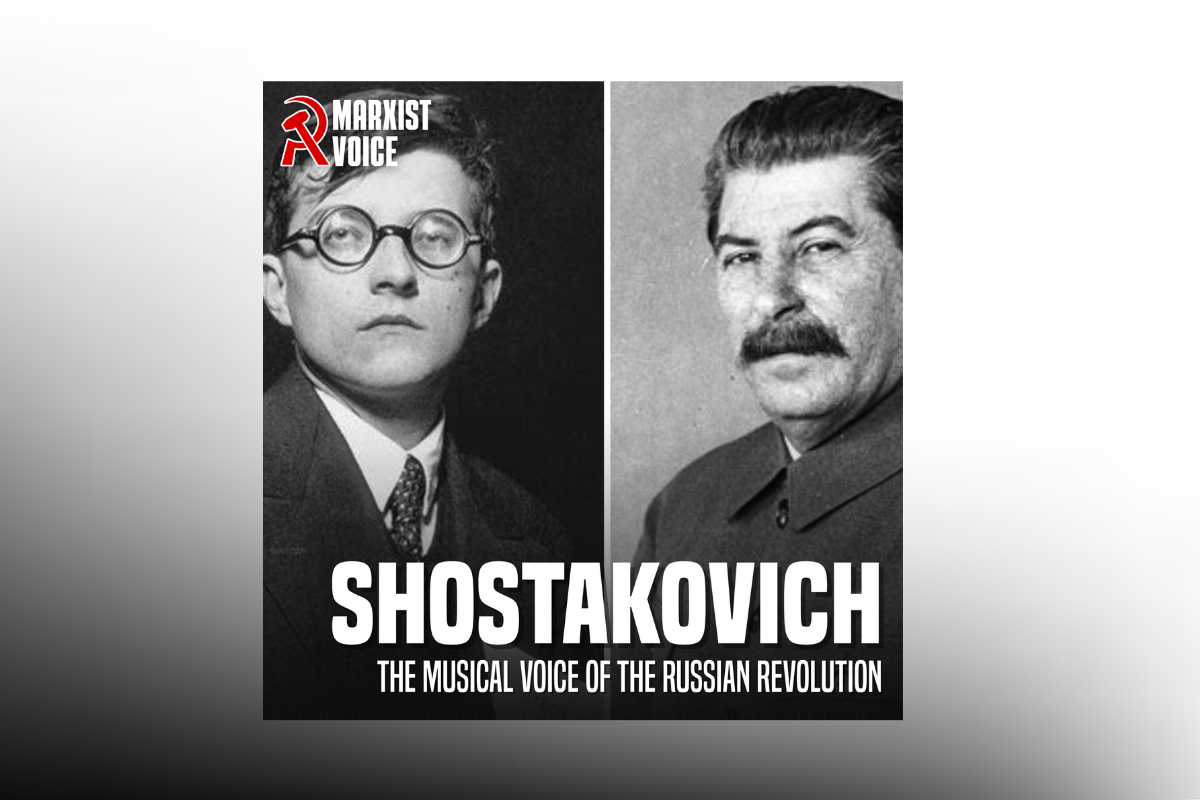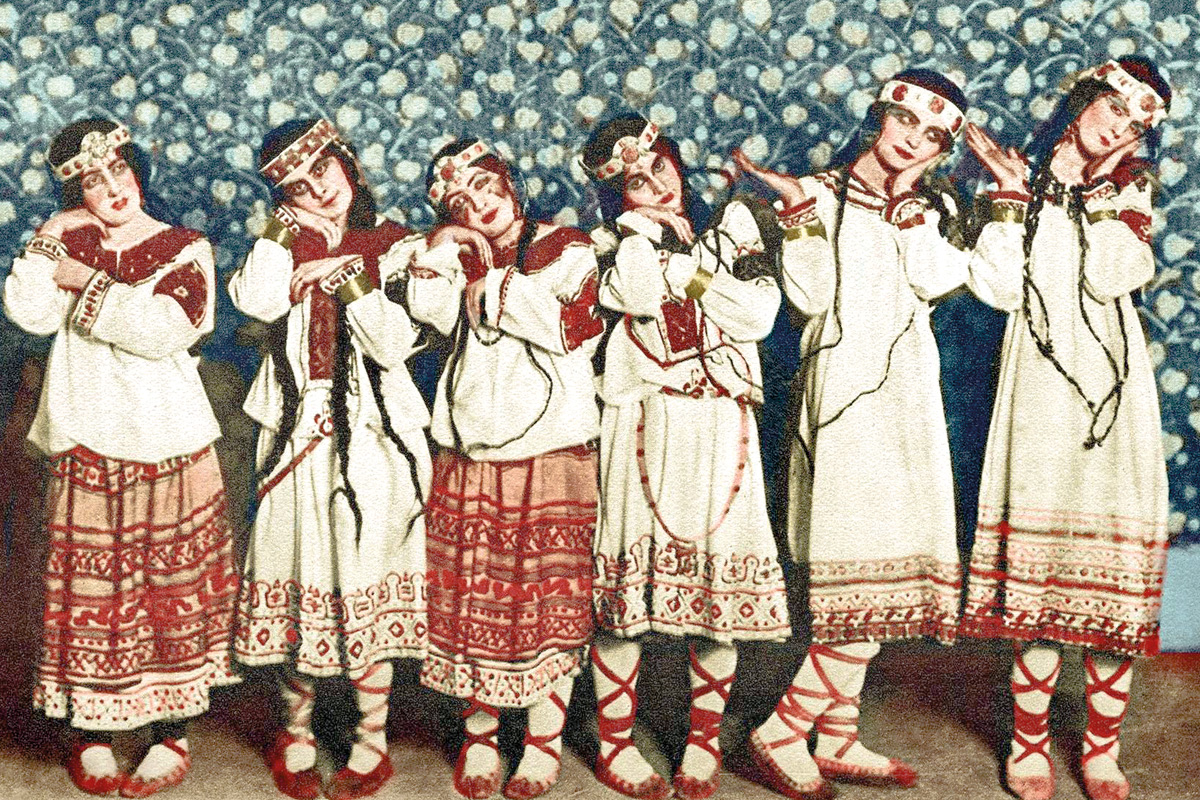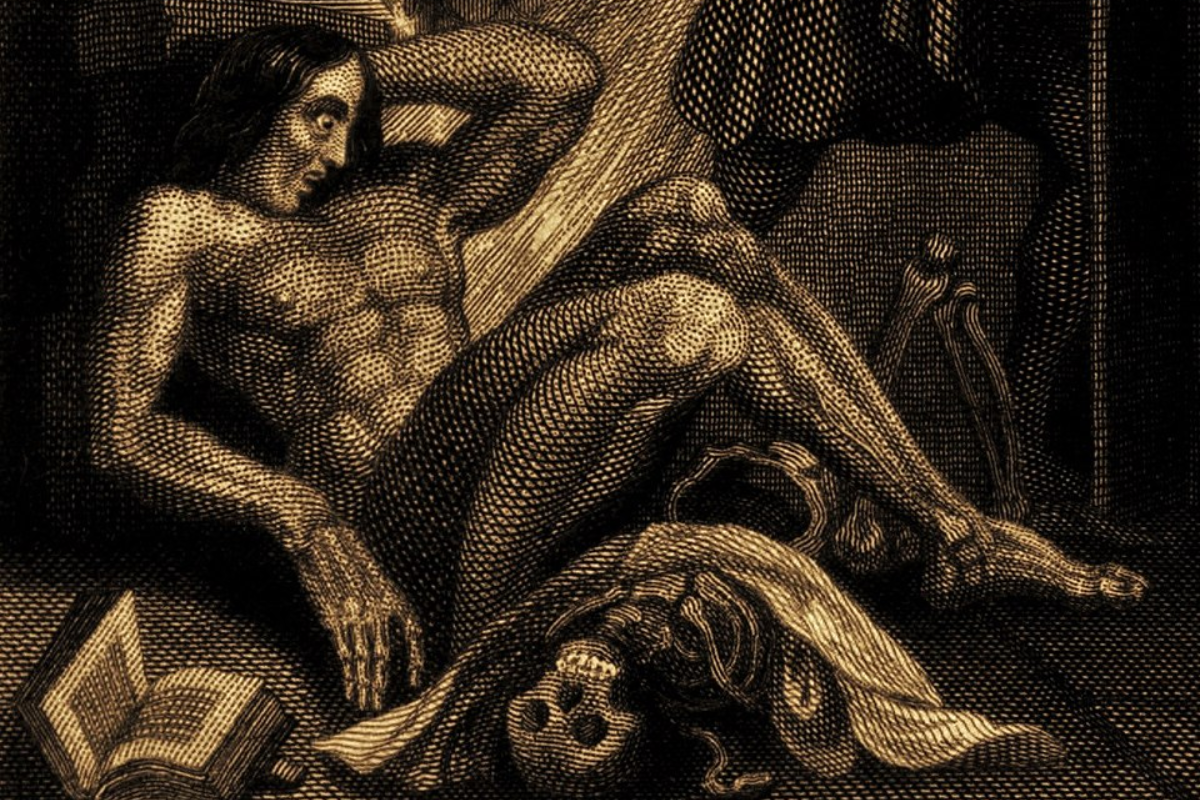A review of The Damned United
by David Peace
On publication in 2006 this novel was lauded by critics as ‘the best novel ever written about sport’ (The Times), and ‘the boy done brilliant’ (The Guardian). It will soon become the focus of more attention when the film version is released starring
Welsh actor Michael Sheen, doing another turn as another iconic British character.
Why would
socialists be interested in it? Because the book is a fictionalised account of
a period in the life of one of Englands’ greatest football managers – the man
destined to be England manager, but
who never was. It may be of little interest to anyone not alive in the 1970s or
early ‘80s, but to anyone in Britain who was, there were few more outspoken and
well known characters than Brian Clough. But not only was ‘Cloughie’ a great
football manager, he was also a man who constantly challenged and criticised
the footballing establishment; the club directors and chairmen, the FA and the
powers that be generally. As the great American novelist, Upton Sinclair, said,
’the first duty of a socialist is to declare that he is one’ and Brian Clough
said it loud and often, much to the irritation of those in power in the game
and great delight and support amongst
working class football supporters.
This book charts
Clough’s rise (with his cohort Peter Taylor) as a manager, bringing Hartlepool
up from 3rd the division, then Derby up from the 2nd
division to become League Champions and in parallel, the disastrous 44 day term
as manager of his nemesis, Leeds United. Peace, writes in prose, yet manages to
create poetry out of Clough’s swearing and uncannily captures the rhythms of his
famous speech pattern, that anyone who ever saw or heard Clough on TV would
instantly recognise.
The post-war
boom and consequent reforms saw an explosion of writing by or about working
class characters, from their point of view, for the very first time in Britain (The Ragged Trousered
Philanthropists aside) – as exemplified by
‘angry young men’ like Alan Sillitoe and John Braine. The opening up of educational opportunities for working
class people in this period meant that writers could be published who wrote
about class and poverty, but not from the lofty heights of the bourgeois
liberal like Dickens; the emergence of the so called ‘kitchen sink’ dramas.
Brian Clough, whilst being a socialist, was not a revolutionary but a rebel
nonetheless, who paid the price for his challenges to authority, and in many
ways resembles the class conscious, ‘don’t let the bastards grind you down’
philosophy of Sillitoe’s novels. So it is absolutely fitting that Peace’s novel
seems to fit into that tradition very well, with it being reminiscent of
‘Saturday Night and Sunday Morning’ and ‘The Loneliness of The Long Distance Runner’.
Peace depicts Clough as a heroic yet tragic figure, with an enormous ego which
is manifested in public, but full of self loathing and self doubt in private.
The novel charts
Clough giving tickets for Derby’s games to striking miners, canvassing for
Labour in elections, and working behind the scenes to foment a proposed players’
strike and mass protests when he was ousted as Derby manager. But my favourite
part is near the beginning, when Clough, taking over from his arch rival Don
Revie at Leeds, has the revered Revie’s office furniture and ‘lucky suit’
burned. When being interviewed on Yorkshire Television by Austin Mitchell (yes,
that Austin Mitchell) just after he was asked about ‘the Don’’s legacy, he was
asked;
‘You’re not a
superstitious man then, Brian?
No, Austin, I’m
not, I tell him. I’m a socialist.’






